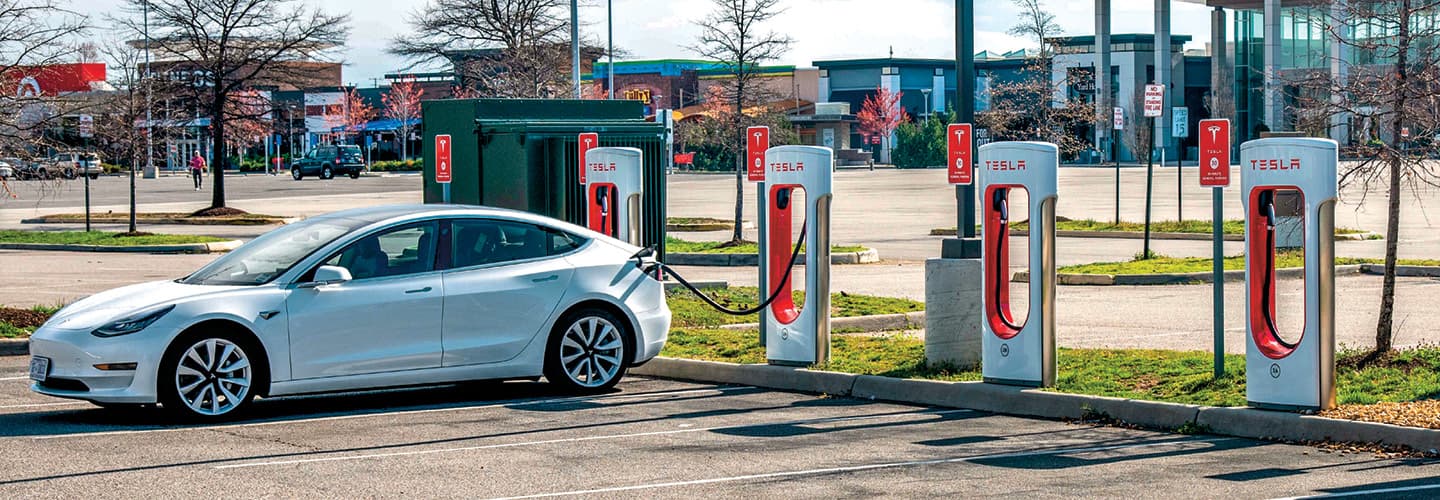Do Americans want cars that are faster, more environmentally friendly, and cheaper to maintain? Of course. How about cars that are quieter and more comfortable? Definitely. That means America is ready for electric cars.
Before electric cars were introduced into the American market about 10 years ago, they were ridiculed as oversized snail-paced golf carts. They’re actually pretty powerful and incredibly reliable. They’re also fun. In fact, no mass-produced gas car can rival the acceleration of an electric car. The newest Tesla goes from 0 to 60 in under 2 seconds.
Electric cars are better for the environment. Gas cars emit toxins produced by burning gasoline; those toxins pollute the air we all breathe. Electric cars produce no emissions. To be fair, power plants that generate our electricity do create some pollution and carbon emissions. But every year, those levels drop as the electrical grid becomes more reliant on renewable energy like solar and wind power. So an electric car actually becomes more environmentally friendly every year that passes.

